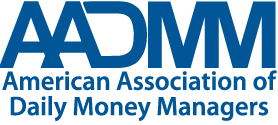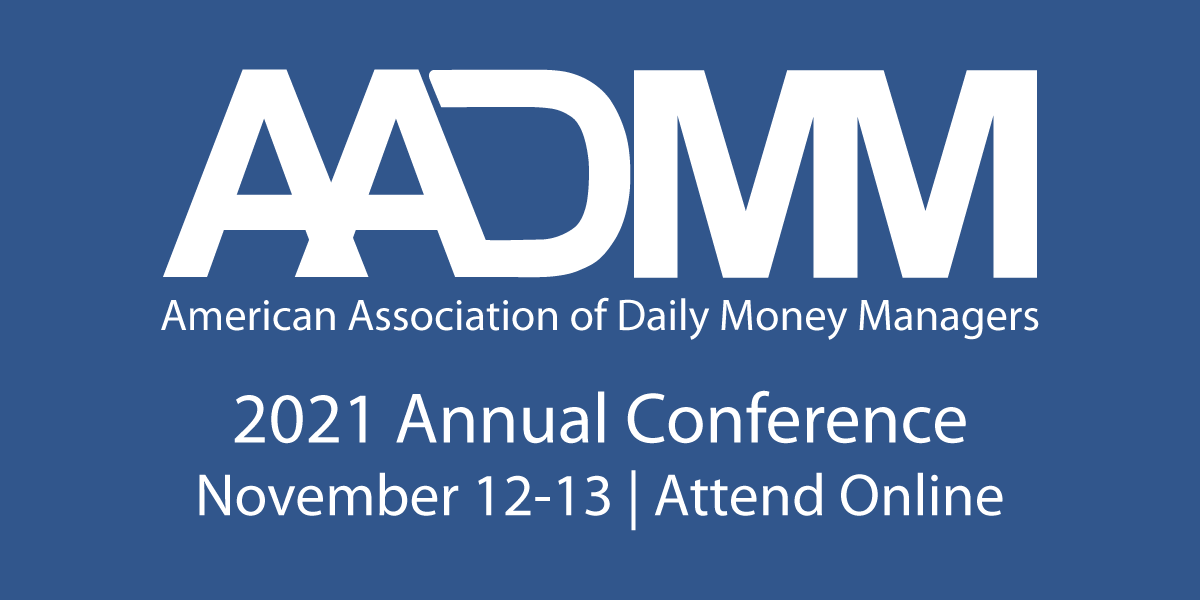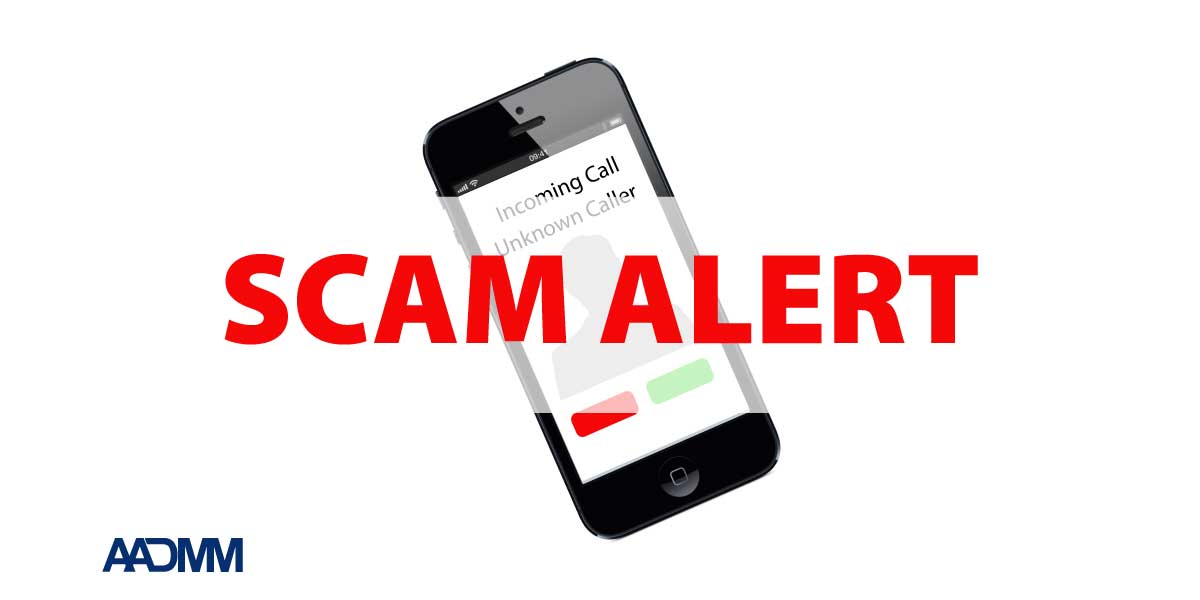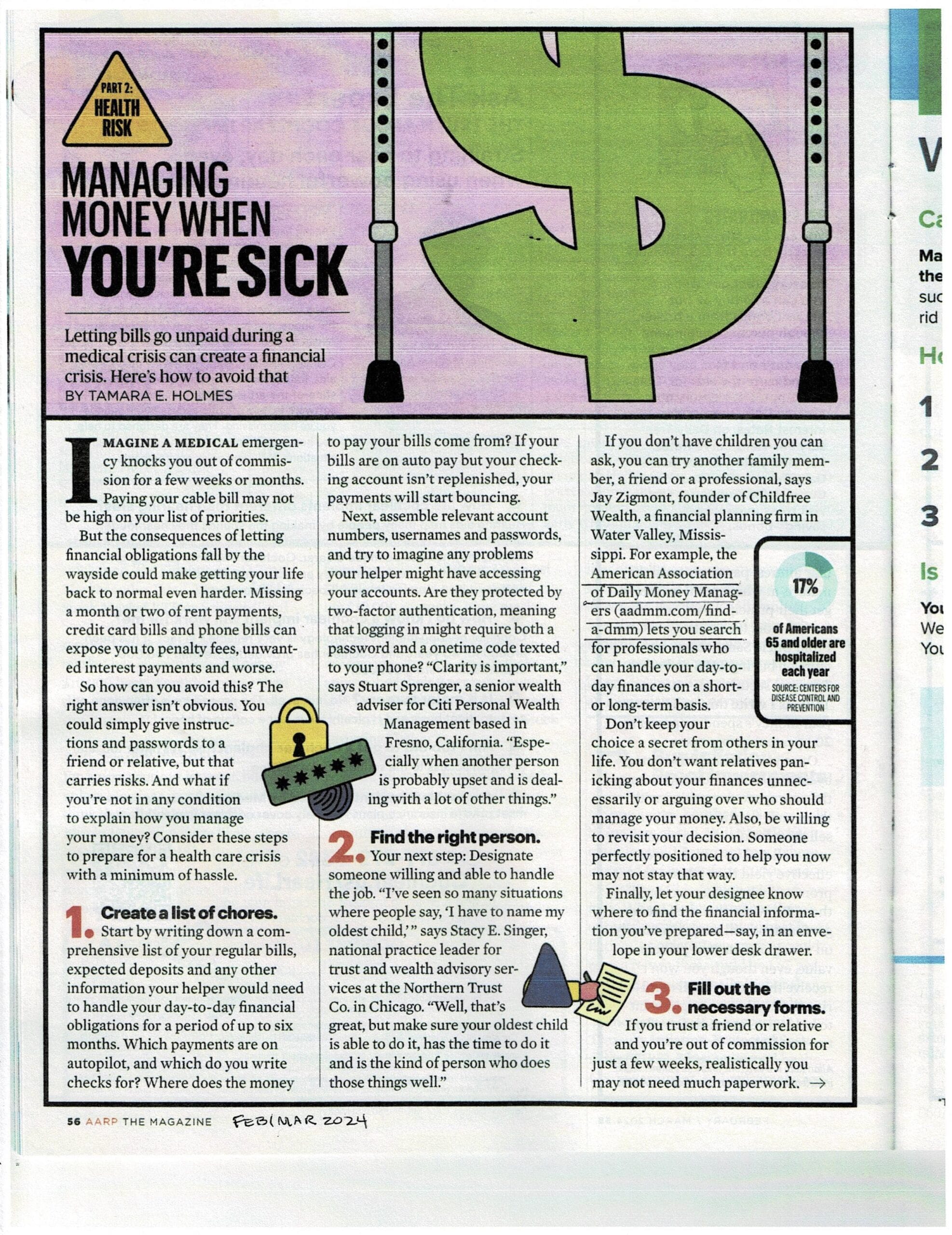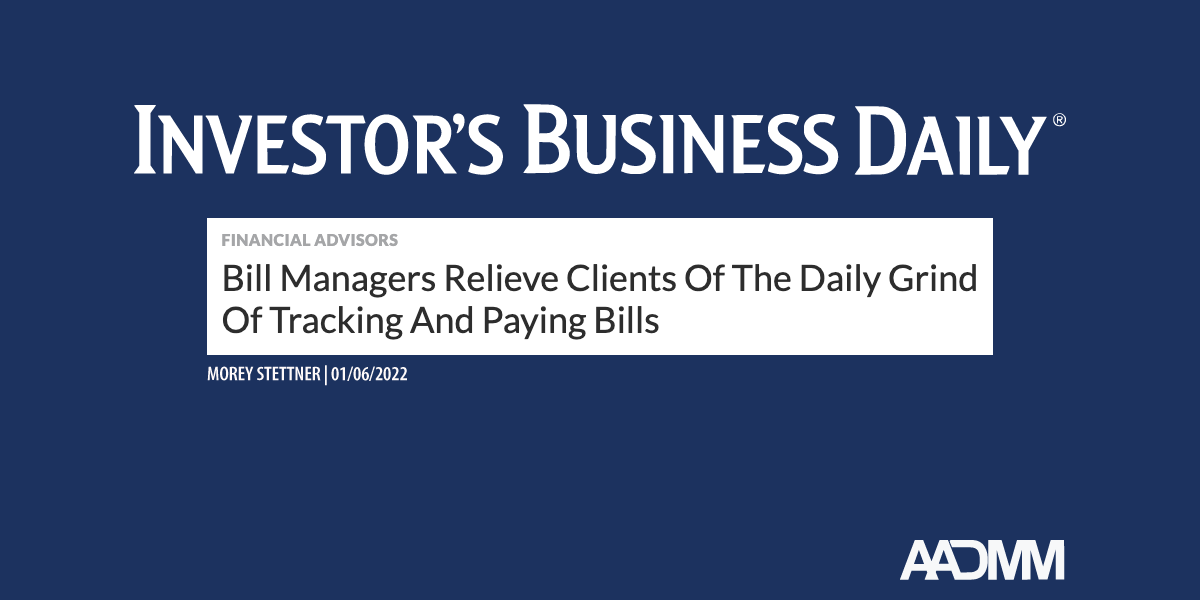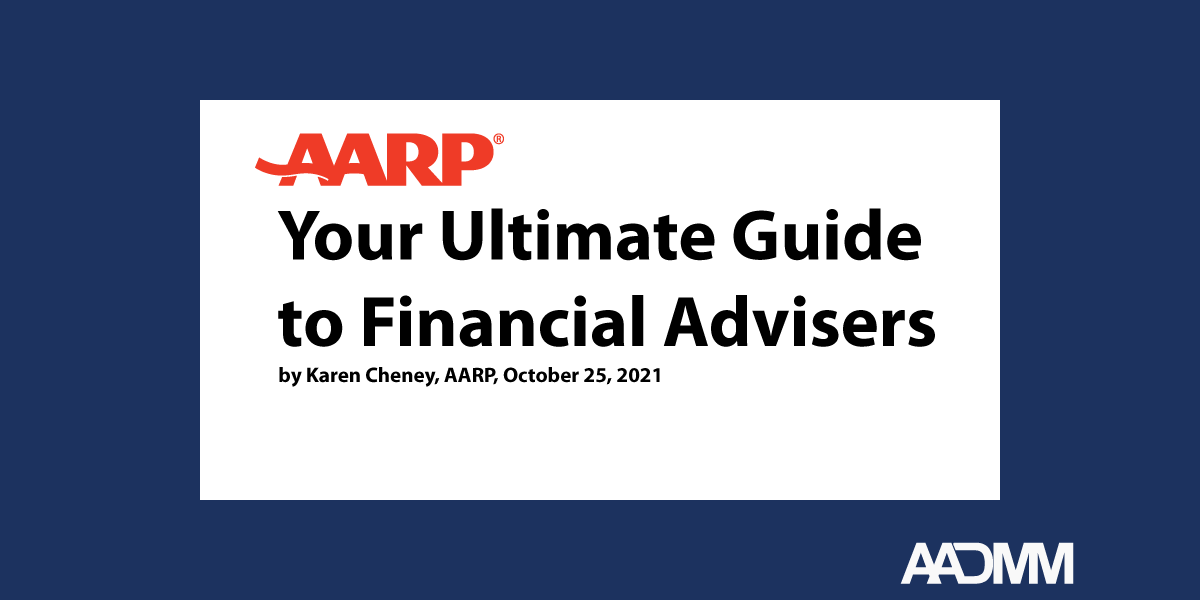
1. Create a Budget and Track Expenses
Creating a budget and tracking expenses is vitally important in maintaining overall control ofincome and expenses. From spreadsheets to Intuit, envelopes or mobile aps, there are manyways to budget and track spending. Finding the method that works best for you is important to ensure your success.
Real Life: Ed, a DMM from the DC Metro Area, began working with a young married couple, Bob and Sue with their personal finances. Ed had them create a monthly budget and track their
expenses by budget category. They met monthly to discuss their expenses and determine where adjustments could be made. After a period of six to eight months, Bob and Sue decided they could handle their finances going forward so now Ed only checks with them quarterly to see how they are doing.
Real Life: Barbara, a DMM from Wisconsin, works with some clients who require more longterm assistance with their expense tracking. In one case, Barbara discovered her client’s
accountant had not reported her in-home health care costs on her taxes. As a result, she submitted the necessary data to amend the return that resulted in a refund of more than $9,000. Barbara also requested the tax returns from the three previous years be resubmitted leading to an additional return of $3,000 from the IRS.
2. Understand Your Bank Statements
It’s crucial that you review your bank statement in a timely fashion because if there are any discrepancies you need to report them to the bank. For questions about ATM, debit cards, pointof-sale debit transactions and other electronic banking transactions that involve cash being withdrawn from your account, you have 60 days from the date of the periodic statement to report it to the bank or the bank has no obligation to conduct an investigation.
Real life: In late 2015, two bankers at a Chase bank in Brooklyn, New York were charged with systematically dipping into people’s accounts, using fake ATM cards they created to siphon off money over a two year period. At least half of the accounts were not being monitored regularly by the account holders so the illegal withdrawals were unnoticed.
3. Create a Financial Filing System
A filing cabinet or electronic filing system is fine. Just make sure your system provides quick and consistent access to information. Keep your pay stubs and tax related documents separate so they can be easily gathered at year-end (e.g. donation receipts, medical bills, taxes paid, sale of stock etc.) Business or rental property related documents should also be separated.
Real Life: Amber from North Carolina says, “I used to start systems all the time but now I have one that is right for my needs. [Previously] I dumped piles of papers into boxes, and ended up moving them from place to place. Having a place for everything is a lifesaver.”
4. Know Your Credit Score
Credit scores affect many things in our lives. Make sure you regularly check your credit report or errors, signs of fraud and identity theft. You’re entitled to a free credit report from Experian, TransUnion, and Equifax every 12 months — that means with proper planning you can get an update every four months!
Real Life: You’ll need to know your credit score to lease an apartment or obtain a mortgage. You can find your credit report for free at https://www.annualcreditreport.com/index.action.
5. Practice Discipline
Maintaining financial literacy requires discipline in monitoring and adhering to each practice. In doing so, these tasks will eventually become a habit. Anyone can create a budget, but it is useless if it is not followed.
